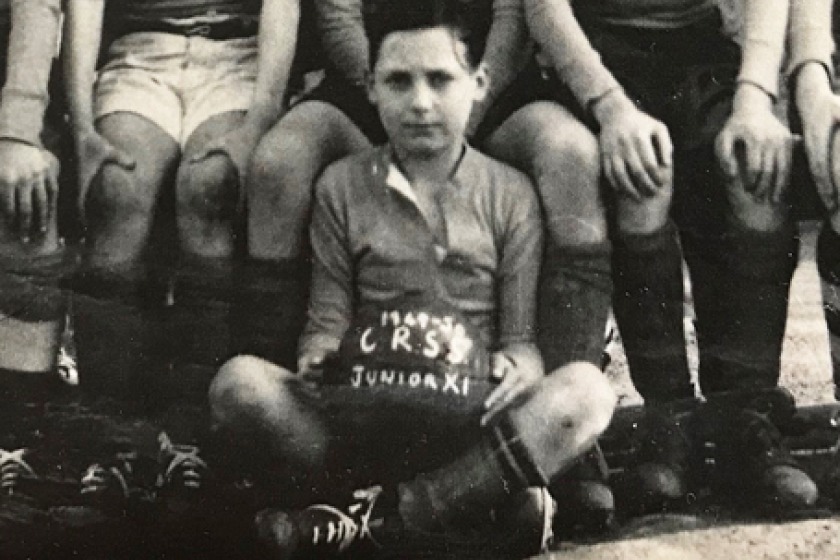Motorbike jousting and other Manx memories
Fri, 24 Aug 2018
From motorbike jousting and Wild West gun fights to cursed farmland and the ‘lost souls’ of Ballamona, a new series of conversations about the past on the Isle of Man has been released online.
The series of oral history interviews carried out since January has just been released on the Culture Vannin website. The interviews offer first-hand stories of the Isle of Man’s history from the 1920s through to the present day.
Online and Educational Resources Officer at Culture Vannin, James Franklin, says:
“The stories of people’s lives on the Isle of Man are incredibly important. They tell us something which newspapers or history books could never; they give us a sense of who the Island’s people are and what their lives are like.”
The interviews with people from Ronague to Ramsey offer many interesting insights into well-known parts of Manx history, such as the Winter Hill Disaster or WWII internees working on Manx farms. But perhaps more interesting are some of the more unusual stories which would be lost but for these recordings.
Hampton Creer recalls the Cooil Sports Days with its ‘motorbike jousting’ event (which was as dangerous as the name suggests!). Keith Teare speaks of the WW2 veteran suffering PTSD who lived in a tholtan under a tarpaulin. Robert Cubbon gives his memories of when Castle Rushen High School’s cricket pavilion was the geography room, and you had to leap out the window to go to bat. Other interesting interviews includes those with Walter Mills, recently retired owner of the Ramsey Joke Shop, and Linda Caulfield, better known as her stage name, ‘Little Miss Dynamite.’
One of the surprising elements in these recordings is the large amount of folklore which ranges from the traditional Manx superstition against bringing daffodils into the house, through to firsthand accounts of burning ‘witches’ off farmland on 1 May and experiencing a curse received from reusing wood from the chapel.
“These sorts of stories are incredibly important to have captured,” said James Franklin. “Not only are they important historically, but they offer both us and future generations a way to connect to the stories and lives of the people and places of the Isle of Man.”
The interviews are available on the Oral History section of the Culture Vannin website: www.culturevannin.im/oral_history.
A sample of some of the things to be found in the interviews is as follows:
Recent News
-
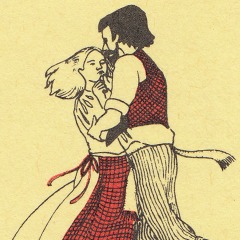
Rinkaghyn Vannin: Manx dance book and cassette released online
Thu, 18 Apr 2024
-

Travel Insighter article on the Isle of Man
Wed, 17 Apr 2024
-

Vin Diesel to star in film version of the Buggane of St Trinian's
Mon, 01 Apr 2024
-

Manx Gaelic Summer School
Tue, 12 Mar 2024
-
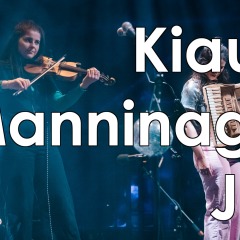
March Manx music and dance newsletter
Fri, 01 Mar 2024
-
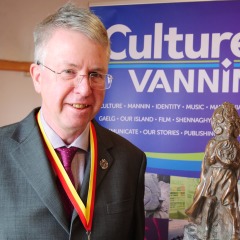
Adrian Corkill awarded the RBV for his work on Manx shipwrecks
Fri, 23 Feb 2024
-
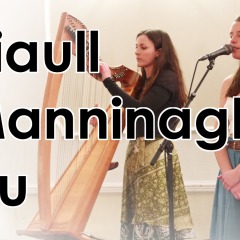
February Manx music and dance newsletter
Thu, 01 Feb 2024
-
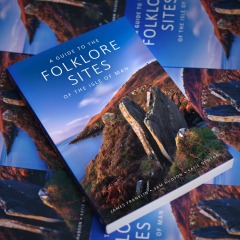
Folklore Guide event
Tue, 09 Jan 2024
-
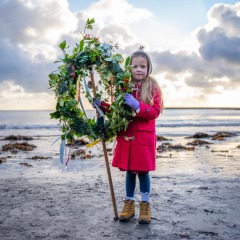
Beautiful pictures of an ancient Manx tradition
Wed, 20 Dec 2023
-
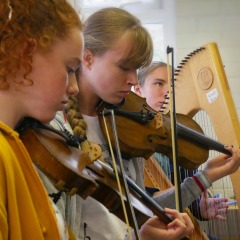
Youth Manx trad session announced
Tue, 19 Dec 2023

